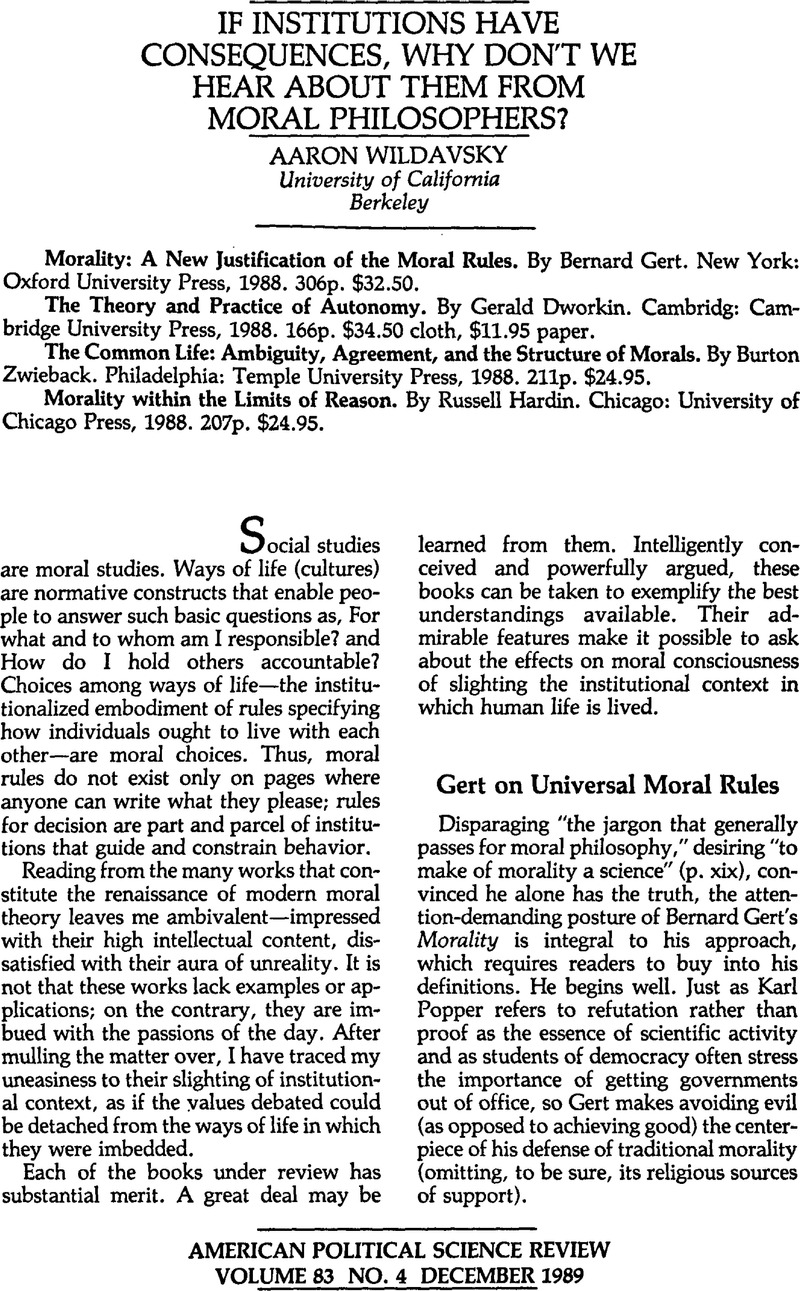Crossref Citations
This article has been cited by the following publications. This list is generated based on data provided by Crossref.
Swedlow, Brendon
2011.
A Cultural Theory of Politics.
PS: Political Science & Politics,
Vol. 44,
Issue. 4,
p.
703.
Davidson, Marc D.
2024.
Cultural theory and political philosophy: Why cognitive biases toward ambiguous risk explain both beliefs about nature's resilience and political preferences regarding the organization of society.
Risk Analysis,




Comments
No Comments have been published for this article.